What we’ll remember from 2020
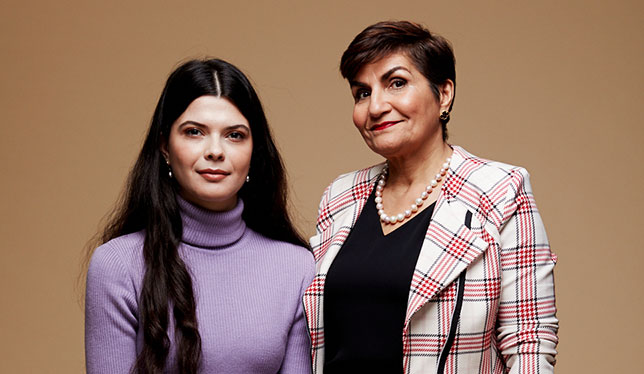
It’s been quite the year. We’ve read and reported, edited and produced, hundreds of stories, many of them related to the COVID-19 pandemic. While we get ready to say goodbye to a memorable 2020, here are the stories that we’ll remember in 2021.
The engineering gender gap: it’s more than a numbers game
It’s been ever thus: engineering is a heavily male-dominated profession. But, as writer Diane Peters discovered in her feature article published last January, change is afoot. Engineers Canada has a “30 by 30” initiative to raise the percentage of newly licensed engineers who are women to 30 percent by the year 2030, and university faculties of engineering are doing their part to help make that happen. To illustrate the article, we paired two notable women for a photoshoot (back in the pre-pandemic times when that sort of thing was possible): Liz Hoffer, who at the time was in her final year in the mechatronics engineering program at McMaster University and co-president of the McMaster Women in Engineering Society, and retired engineer Gina Cody, an influential alumna of Concordia University, where the Gina Cody School of Engineering and Computer Science is named in her honour. The resulting photo by Jennifer Roberts is a fitting tribute to the work the two have done to make the field more attractive to young women.
– Léo Charbonneau, Editor
Responding to uncertainty through a growth mindset
When I read Dr. Gies’ article about adopting a growth mindset during uncertain times (like say, I don’t know, a pandemic?), this sentence stuck out to me: “it is easy to feel powerless amidst such sweeping alterations to everyday life.” Working from home since March, unable to see family and seemingly stuck with my kids, I felt incredibly powerless. It would be easy to have a fixed mindset. This is someone else’s fault! Why am I being punished? But as Dr. Gies says: “Instead of confirming limitations, challenges and setbacks [should be] viewed as opportunities that inform further learning, paving the way for greater achievement and personal fulfillment.” By following the steps he outlines, I have been able to switch my thinking and find opportunities to thrive.
— Tara Siebarth, Web Editor
People to Know
I’m a cheater. My top story for 2020 is really five stories: I’ve chosen to highlight the profiles we published this year as part of our People to Know series. This year we spoke with:
- Terrorism and radicalization researcher Amarnath Amarasingam (pictured above), who has interviewed foreign fighters in locales ranging from northern Syria to the darkest corners of the internet. His work is as relevant as ever as conspiracy networks like QAnon increasingly show the potential for ideologically-driven violence.
- Françoise Baylis (also pictured above), a leading biotech ethicist intent on public engagement and dialogue on genome editing. Lately, she’s applied her philosopher’s lens to COVID-19. When it comes to ethical decision-making around gene editing or the global pandemic, Dr. Baylis boils it down to a core question: What kind of world do we want to live in?
- Jesse Thistle, whose memoir From the Ashes: My Story of Being Métis, Homeless, and Finding My Way has won awards and accolades across Canada, and this year competed in CBC’s Canada Reads. The York assistant professor spoke with UA’s Laura Beaulne-Stuebing about what it’s been like to share his story so publicly (“there is no healing for me,” he says) and why he found hope in higher education.
We also published excellent profiles of Aaron Devor, University of Victoria’s chair of transgender studies and founder of the Transgender Archives, and paleoanthropologist Genevieve von Petzinger, the PhD student who created the world’s largest database of early abstract symbols.
Who would you like to see featured in People to Know in 2021? Send your suggestions to ns*****@un*****.ca.
— Natalie Samson, Deputy Editor
The pull of procrastination
It’s been a year like no other and revisiting past issues of UA as part of this selection process, gave me a lot to reflect upon. My pick is the feature “The Thief of Time” from our November-December 2020 issue (it ran as “The pull of procrastination” online). While the story does not touch directly on the pandemic, it is about procrastination, something a lot of us have experienced during this time of isolation. The story offers insight into this behaviour, and narrows in on how it is affecting the academic world.
It is always a pleasure to work on an editorial layout that has a strong foundation: engaging content, a clever headline and eye-catching artwork. Graham Roumieu was commissioned to illustrate the feature article as well as the magazine cover for the issue. His ability to convey ideas with just a few ink strokes and a limited watercolour palette is remarkable. The resulting illustrations are witty, thoughtful and speak directly to the subject matter. I love an illustration that acts as a little commentary on life and that makes you chuckle.
In the print layout, we included the quote, “Begin doing what you want to do now. We are not living in eternity. We have only this moment, sparkling like a star in our hand – and melting like a snowflake,” reportedly by philosopher Francis Bacon (though this attribution is contested). It sums up the story nicely and really resonates. If the pandemic has taught me anything, it is that the world can change drastically in a moment’s notice and that living in the now is more important than ever.
— Judith Lacerte, Graphic Designer
Publish or perish: women in research call for an end to systemic discrimination
Since I joined the University Affairs team, we have made an effort to publish more op-eds written by members of the francophone university community in Canada. This might not be a priority for other media, but for us, it is; we aspire to be the platform of choice for debate and discussion for our audience. We have been receiving an increasing number of op-ed submissions, which has allowed us to add more voices to the important discussions that help advance the university sector. This is why my staff pick this year is the op-ed “Publish or perish: women in research call for an end to systemic discrimination.” In addition to addressing a sensitive issue, this text is written in a way that clearly exposes the issue at hand. In fact, thousands of people have read the French and the English versions of this article, which only adds to its relevance.
— Pascale Castonguay, French Writer-Reviser
Advice to keep you feeling well throughout the year
Before 2020 began, Natalie Samson asked university faculty and staff from across the country how they manage the stresses of university life. This piece – a compilation of that advice and UA’s cover story for the January-February 2020 issue – was meant to help readers with New Year’s resolutions, finding a healthy work-life balance and self-care. At the time, we had no idea how important the advice would be. As COVID-19 spread around the globe and upended everyone’s lives, we all needed to find ways to cope with stress, anxiety and isolation. Some of the excellent suggestions in the article include: setting boundaries, self-compassion, getting lost in books, self-reflection and creating communities of support (likely virtual these days). I can particularly relate to the advice from Patty Hambler, director of health promotion and education at the University of British Columbia, who shares how cultivating a connection with nature is an integral part of her self-care routine. Walks along the Rideau River or in any of Ottawa’s parks with my dog have been my saving grace this year. Perhaps giving this piece another read will offer some ideas that can help you find balance and calm in 2021.
— Laura Beaulne-Stuebing, Digital Journalist
This article originally appeared in our weekly newsletter. Sign up to get updates.



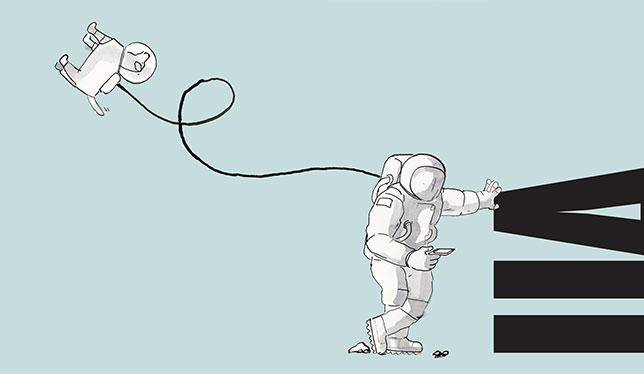

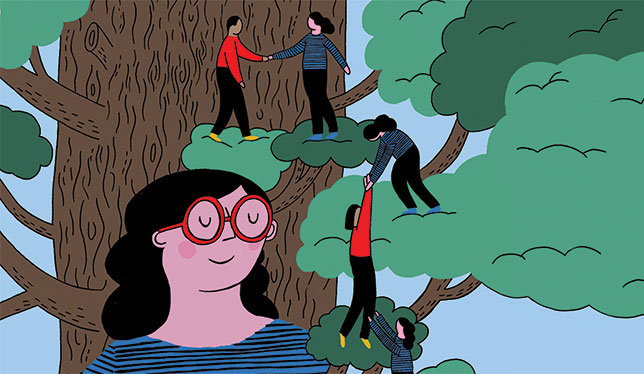

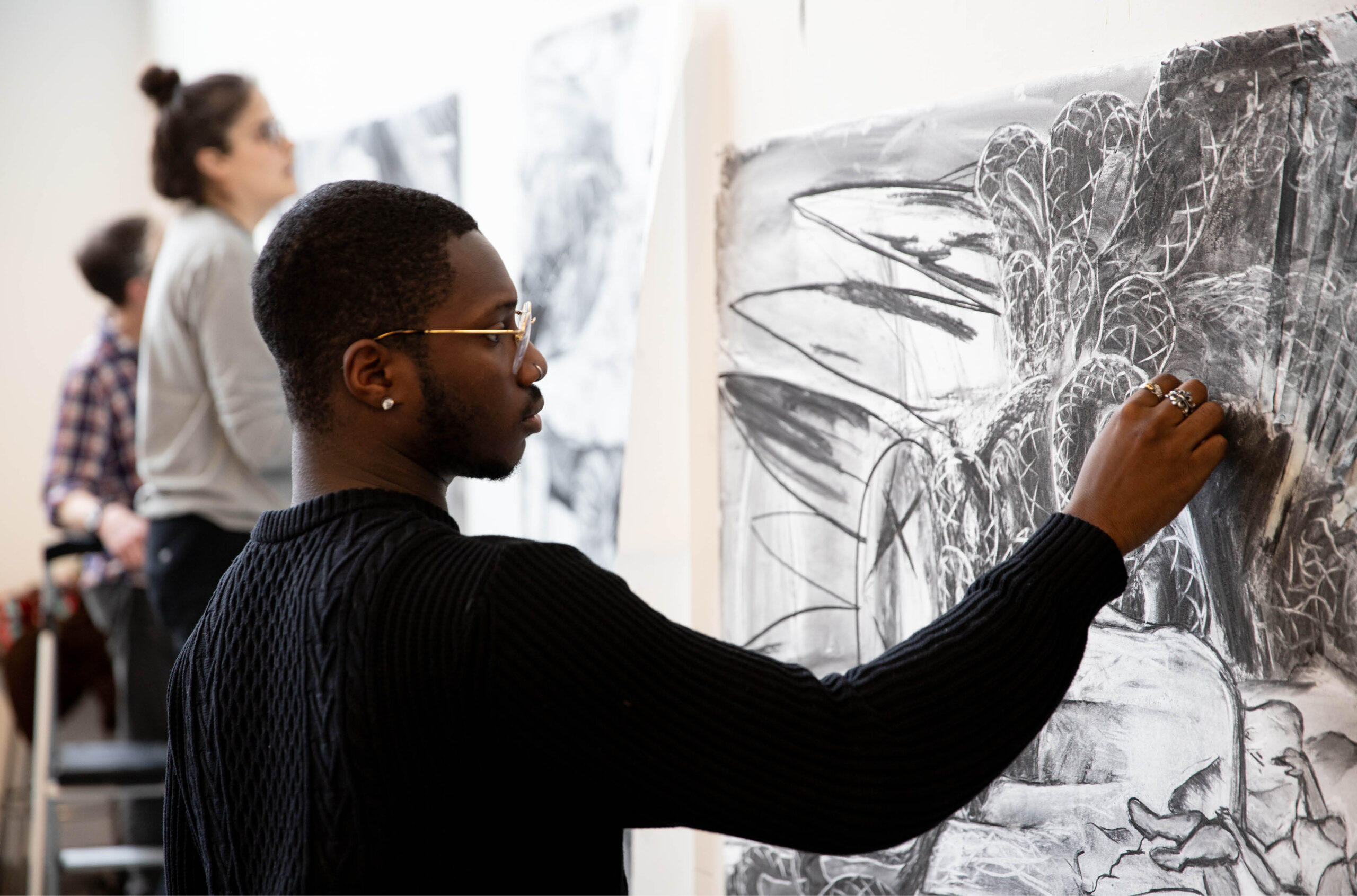
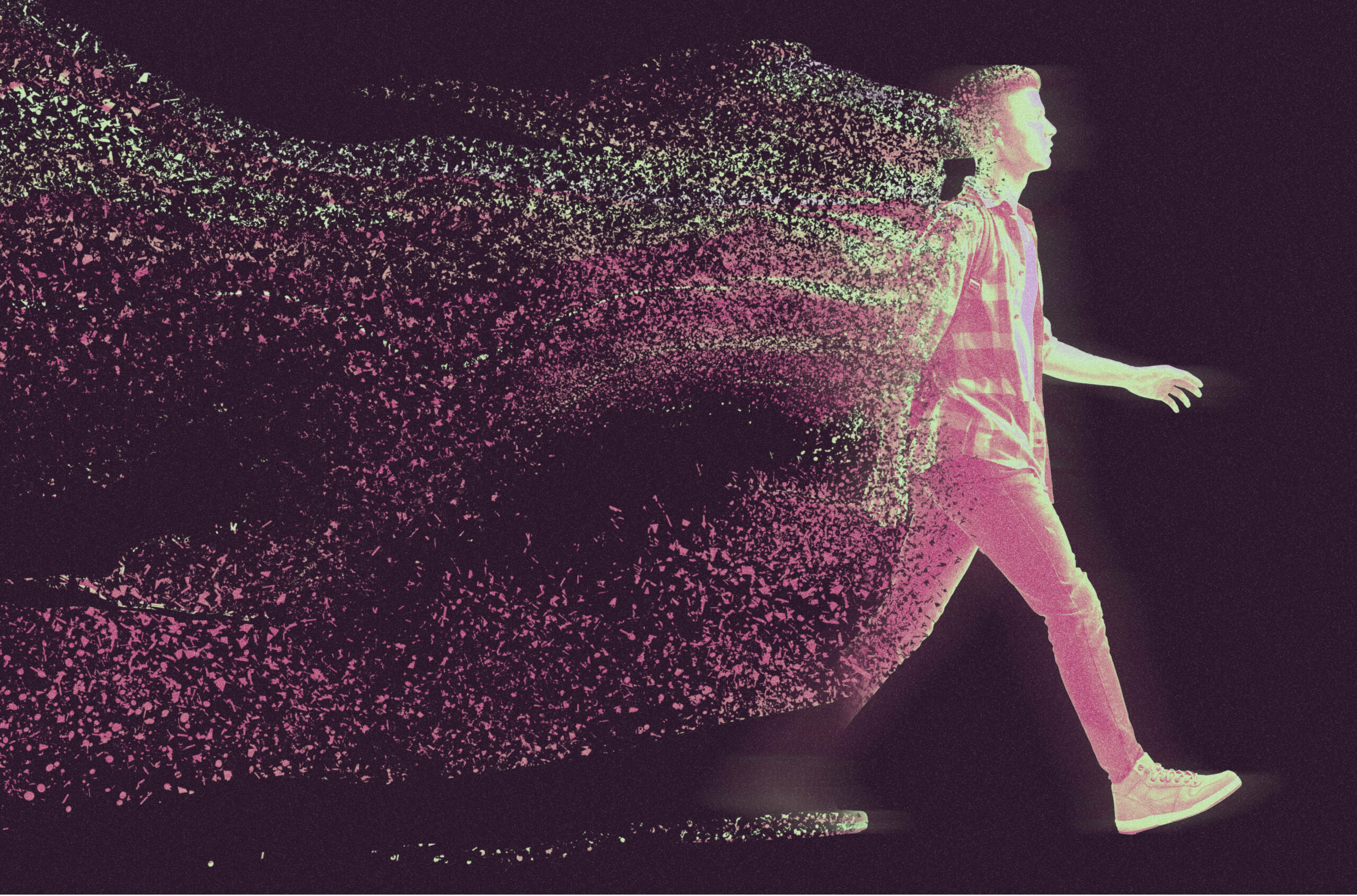
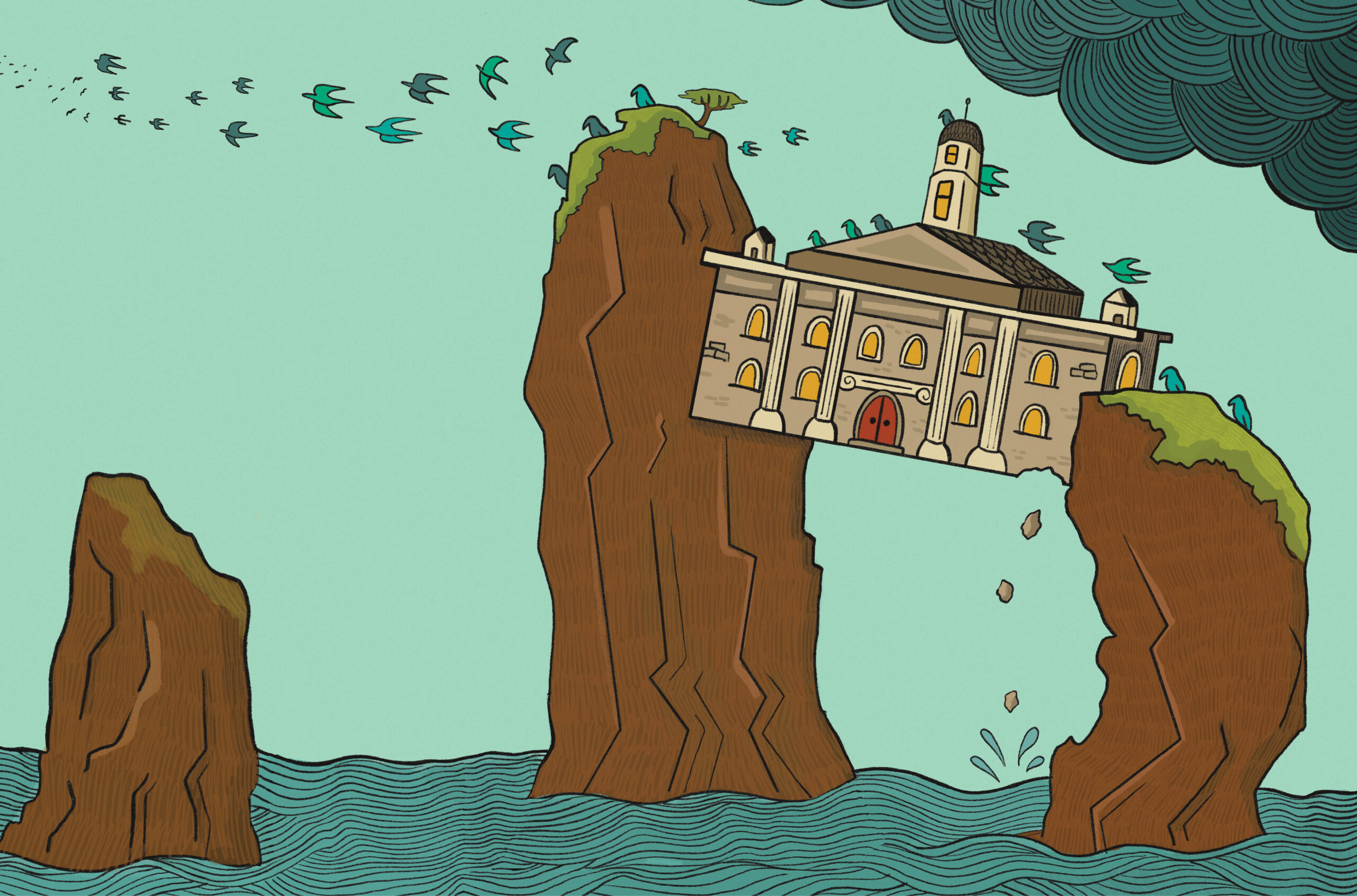




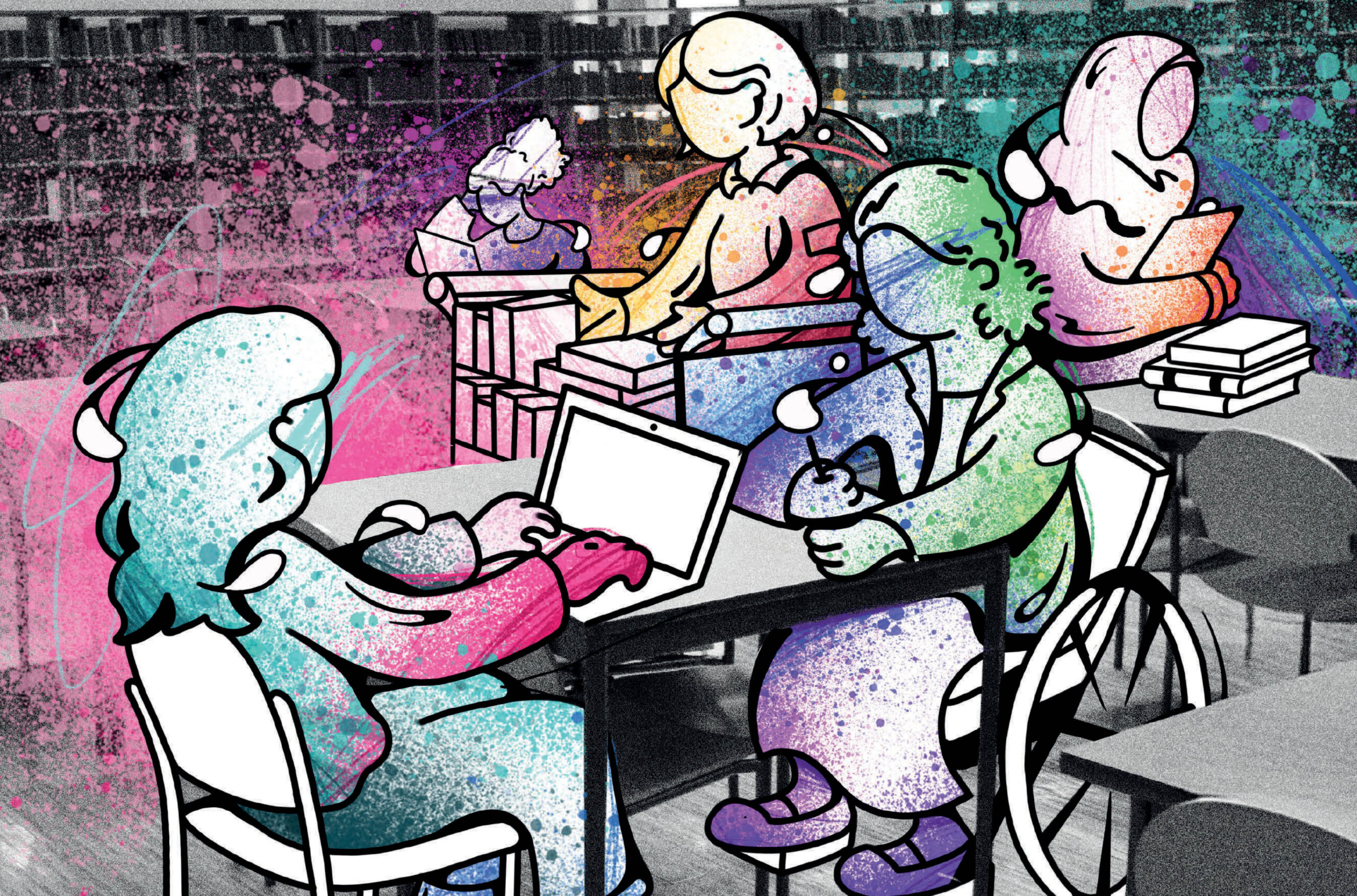
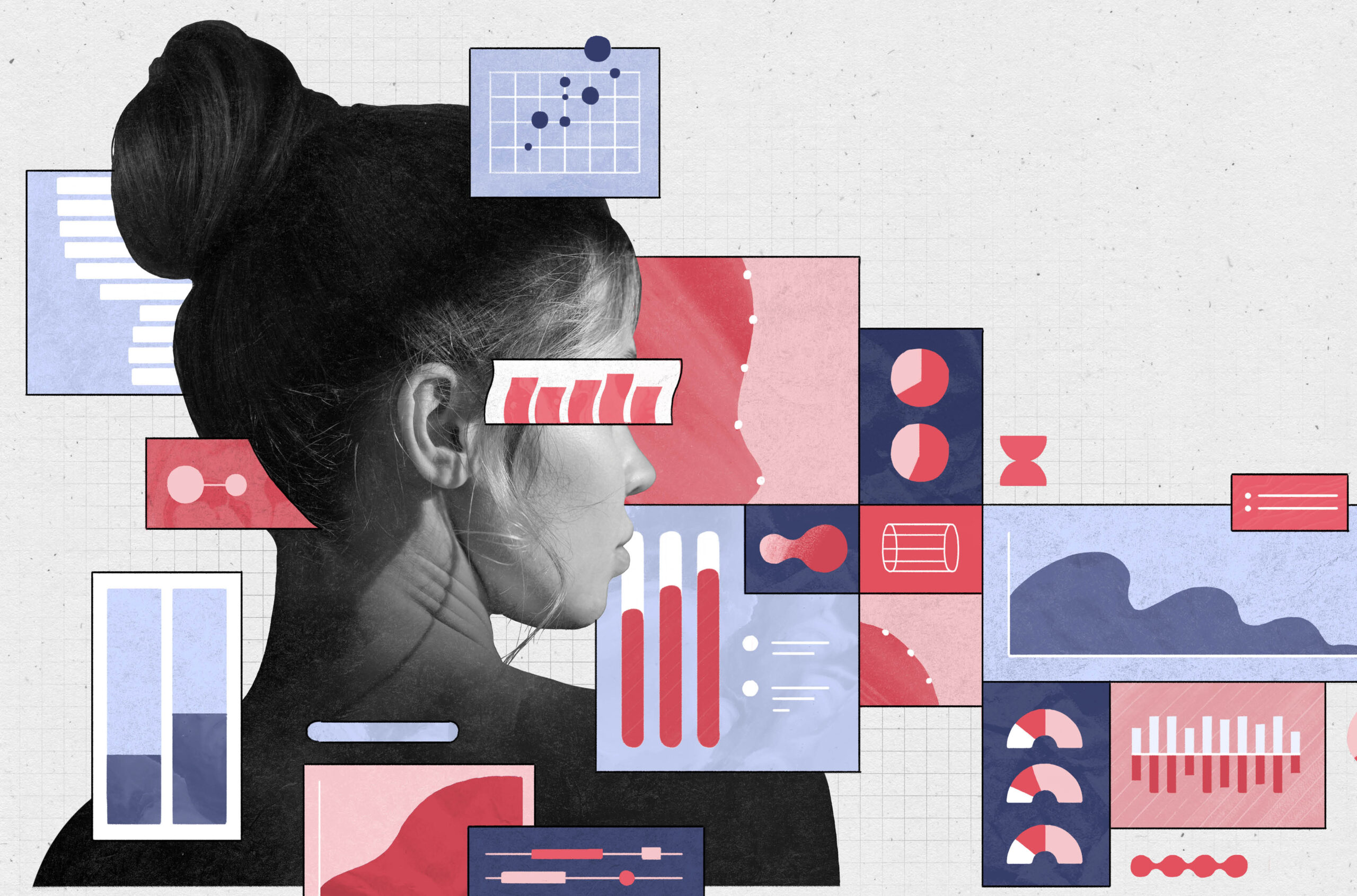

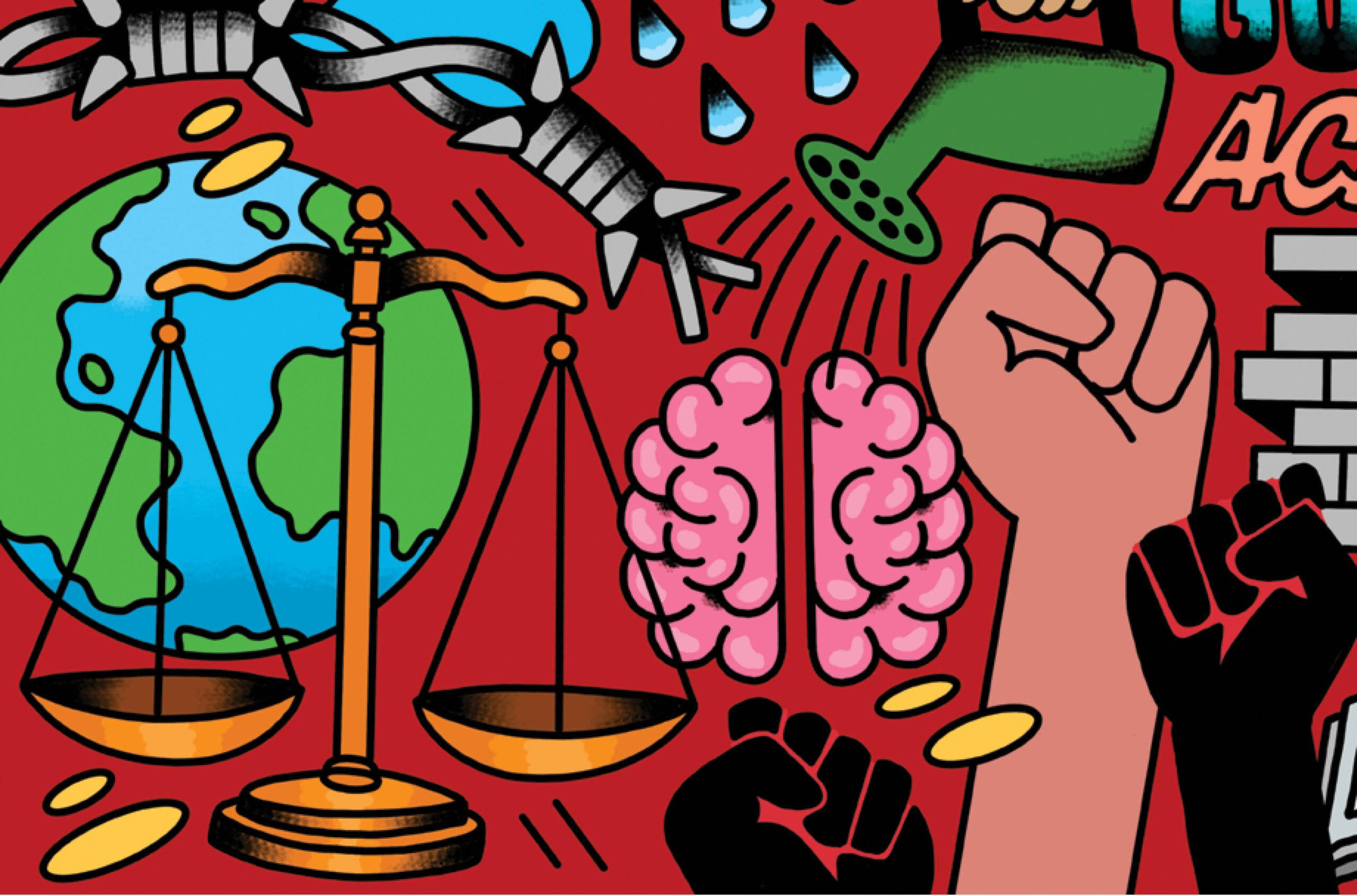
Post a comment
University Affairs moderates all comments according to the following guidelines. If approved, comments generally appear within one business day. We may republish particularly insightful remarks in our print edition or elsewhere.